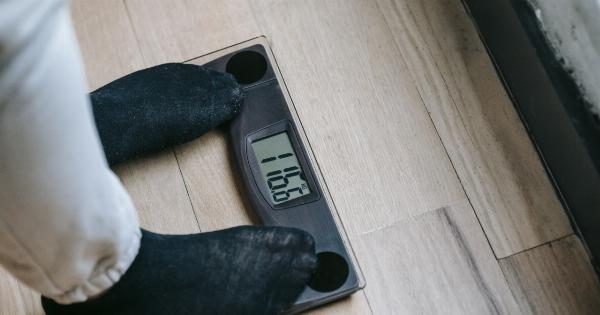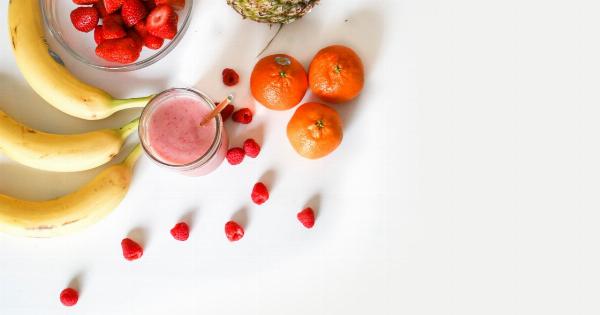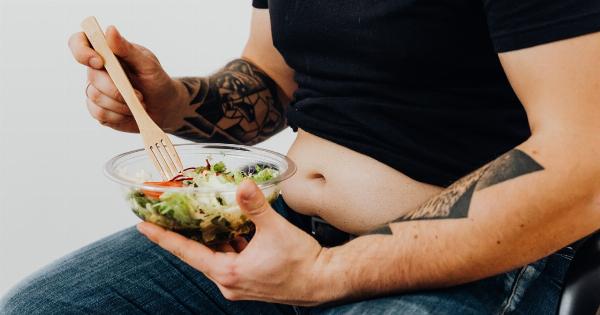Eating is an essential part of our daily routine, and it is no secret that the food we consume plays a significant role in our overall health and well-being.
For those who are looking to lose weight or maintain a healthy diet, choosing the right time to eat can make all the difference. In this article, we will discuss the best hours to eat while dieting and how it can affect your weight loss journey.
: The basics
Before we delve into when to eat, it is important to address what to eat and what not to eat while dieting. A healthy diet should include a balance of carbohydrates, protein, and healthy fats.
It is recommended that you consume fresh fruits, vegetables, lean proteins, and complex carbohydrates such as whole grains.
On the other hand, it is advisable to avoid foods that are high in fat, sugar, and processed foods as they add unnecessary calories to your diet.
It is also essential to limit your intake of alcohol and sugary drinks such as soda and fruit juices as they contribute to the calorie count.
: The best hours to eat while dieting
: 1. Breakfast
Breakfast is the most important meal of the day, and it is vital to eat a healthy breakfast that provides the energy and nutrients that your body needs to function throughout the day.
Eating a balanced breakfast which includes proteins, whole grains, and healthy fats can help you stay full for longer, reducing the chances of overeating later in the day.
Studies have shown that eating a healthy breakfast can also improve cognitive function, mood, and metabolism.
: 2. Mid-morning snack
If you are someone who feels hungry before lunchtime, it is essential to eat a mid-morning snack that can boost energy and improve focus.
Eating a snack rich in proteins and carbohydrates can help keep you full until midday and prevent overeating at lunch.
: 3. Lunch
Lunch is an important meal, and it is crucial to choose healthy food options that provide the nutrients your body needs without adding too many calories to your diet.
It is advisable to include a combination of veggies, protein, and whole grains for a balanced diet.
: 4. Afternoon snack
Similar to mid-morning snacks, afternoon snacks can provide an energy boost and keep you full until dinner. It is recommended to choose snacks that are low in calories and high in nutrition, such as fruits, veggies or nuts.
: 5. Dinner
Dinner is the last meal of the day, and it is crucial to choose filling and nutritious options that do not pile on the calories before bedtime.
Avoid heavy meals that are high in carbs and fats, and choose lighter options such as lean proteins, veggies and light grains.
: 6. Avoid late-night snacks
It is recommended to avoid eating late-night snacks as they can lead to weight gain due to the lack of physical activity that comes soon after. Late-night snacking can lead to an unhealthy eating pattern and can cause havoc on your metabolism.
: The bottom line
Dieting is not just about what you eat, but also when you eat it. By choosing the right time to eat, you can give your body the time it needs to digest and absorb the nutrients it needs, which will help boost your metabolism, and aid in weight loss.























